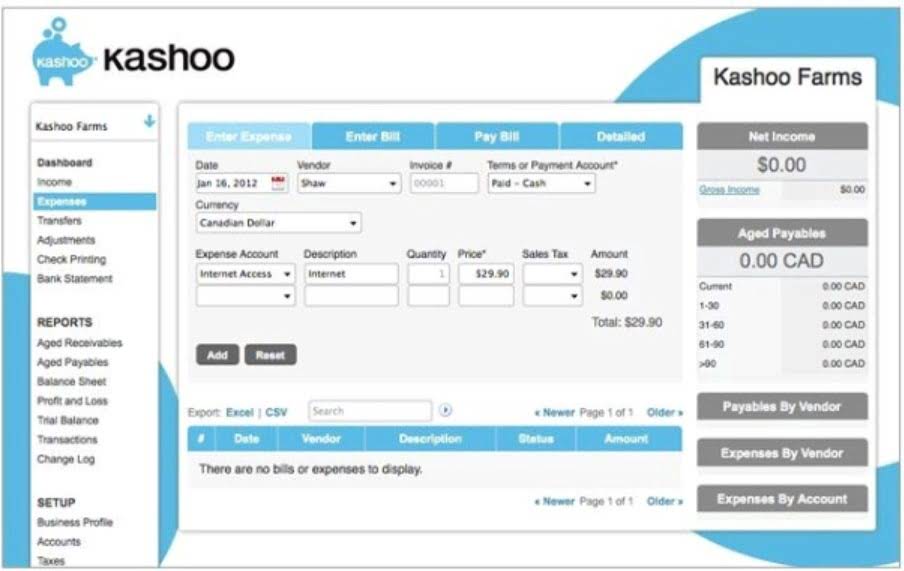
Overall, when determining income for a church budget, it is important to track all sources of income, including tithes and offerings, fundraising, and donations. By accurately tracking income, churches can create a budget that reflects their financial reality and helps them achieve their goals. Second, a church budget helps promote transparency and accountability.
How Fyle’s Text Message Receipt Capture Supports Construction Crews

Like any church, you want to look to your future and the potential for expansion. Ideally, your church should have at least three months of reserves to fall back on — preferably more than this. At the very least, it’s wise to have reserves that can cover a month’s worth of salaries and critical expenses.
Church Budget Template – 11+ Free PDF, Word Formats
Because today’s society relies heavily on money, budgeting applies to everyone and everything, including churches. The right budgeting plan and tool will help them manage their religious affairs more efficiently. Regular monitoring and adjustments will help keep the budget on track and ensure financial health.
Appoint a finance person
Keep the focus on keeping the church doors open rather than looking atindividuals. This may seem harsh, but we are talking about God’s purpose within that community. We have seen that people assets = liabilities + equity who had to be released, obtain even better positions elsewherewith benefits.

Explore key strategies to help church leaders grow, reset, and prepare for the busy season ahead. From increasing giving, managing your congregation, and engaging your church, our collection of resources will keep you up-to-date on the latest church and ministry trends. Church attendance, donation income, and operational costs may be inconsistent throughout the year. For example, more people may attend church around December, increasing donation income. Ensure your budget considers all the income and cost fluctuation to prevent overspending. Church budgeting is very different from home or personal budgeting.
- For everything your church spends money on, add it to your list of expenses.
- Overall, when determining income for a church budget, it is important to track all sources of income, including tithes and offerings, fundraising, and donations.
- Appointing a finance team to oversee budget implementation ensures that funds are managed responsibly.
- Keep income streams separate to ensure you use them for their intended purpose.
- The church budget should be reviewed quarterly to check on the financial health of the church and the need for changes in spending.
- It should reflect the key priorities of the church and be seen as an instrument of leadership.
- Or maybe you just aren’t confident that your current church budget is working for you.
- You’re missing out by not helping them get more comfortable with mobile giving.
- Here are my church budget guidelines when posed this question about how to spend the recurring income from Sunday offerings.
- Review past income and expenses to understand your financial patterns and identify areas for improvement.
You want your church budgets to reflect your faith that God has plans for your church and its effectiveness. Maybe your act of faith could https://www.bookstime.com/articles/quickbooks-proadvisor be planning a budget that’s flat with last year. Or perhaps you want to dream big and budget for an increase of 2 to 5 percent.
- Once you learn how to create and maintain a budget that works for your church, you’ll discover that it’s an indespensible part of your ministry.
- Fyle provides a centralized, unified dashboard where church leaders can monitor spending against allocated budgets in real-time.
- Discover how our Groups tool can help you organize and manage one-on-one meetings effectively.
- Consider implementing voluntary pay reductions, across-the-board percentage pay cuts, or, as a last resort, eliminating certain positions.
- For an organization like a church, seeming trustworthy should be a number one priority.
Utilizing Budgeting Tools and Resources
This proactive approach ensures that your church can address issues before they impact church operations — and operational costs. There is a lot of analysis and detail involved in creating a church budget. This is how to create a church budget a notable benefit of using a line-item budget for your church.

Understanding Ministry Burnout: Signs, Causes, and Coping Strategies
Managing finances at your church, a nonprofit or in any organization is never a one-person operation. That’s why it’s important to get other sets of eyes on the budget. A good rule of thumb is to have at least 10% of net profit in the positive. Take your current net profit for each month and divide it by the total income for that same month. If it’s less than 10%, take a look at your expenses and see where you can save some money.
Developing Long-Term Financial Goals

Effective ministry requires financial resources, and the church budget is the framework that supports this. By aligning your budget with your church’s vision and mission, you can ensure that your ministry thrives, even in challenging times. Remember, budgeting is not just a financial exercise; it’s an expression of your commitment to stewardship and the growth of God’s kingdom.

